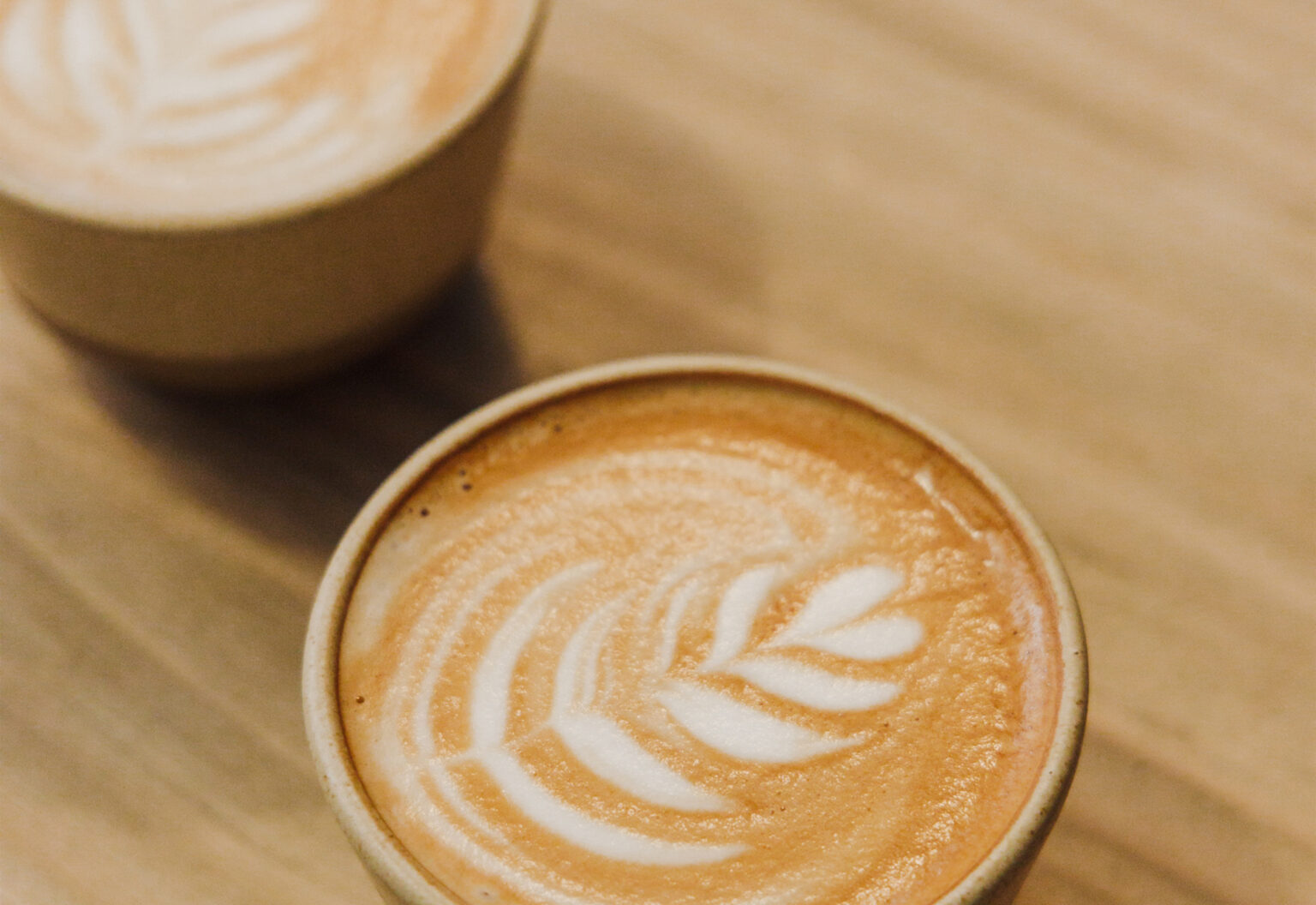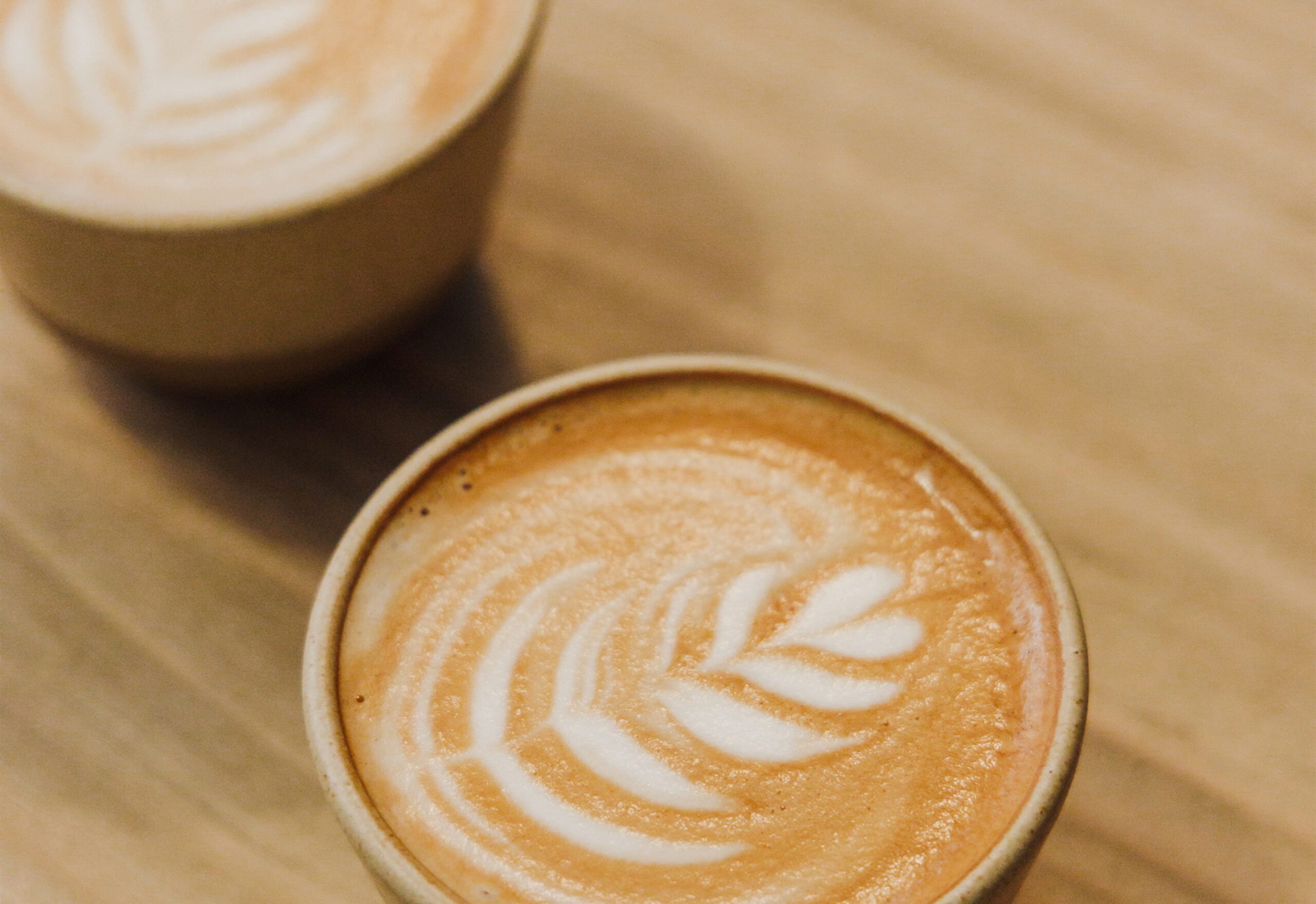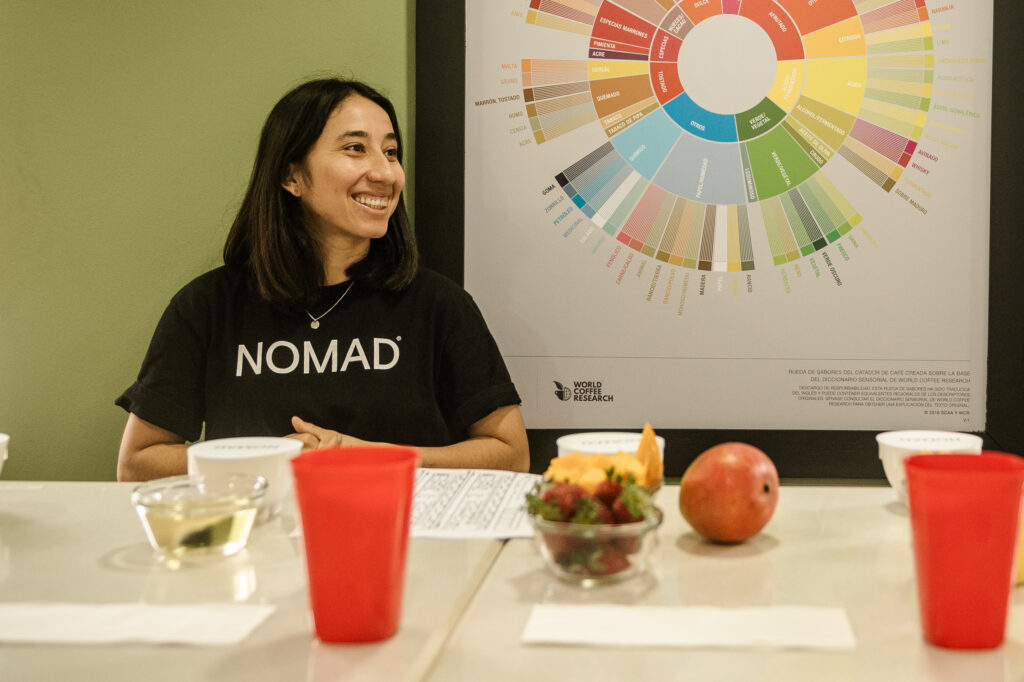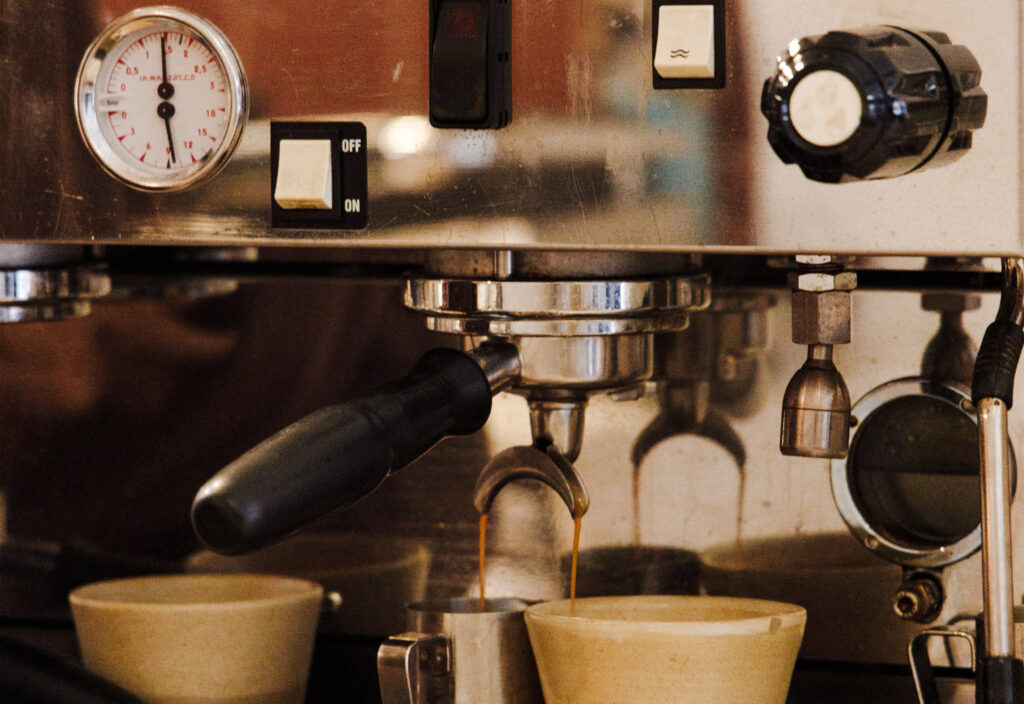

Speciality coffee with Ivette Vera from NOMAD COFFEE

We chat with Ivette Vera, responsible for quality control and barista training at NOMAD COFFEE.
SUPER SUPER What is speciality coffee?
IVETTE The technical definition is that speciality coffee has to meet a series of requirements: a clean bean, without defects and that it exceeds a score of 80 points on a scale of 0 to 100 where a series of attributes are measured such as the quality of the coffee, the type of aroma, the acidity or the body.
For us at NOMAD COFFEE, in addition to quality, speciality coffee has many more values: the way it is produced (if it affects the environment), the traceability of the product and how it is treated when it is roasted and processed.
S. Is it possible to enjoy speciality coffee at home?
I.The answer is: yes, you can. But I think it’s a good idea to have a certain amount of knowledge so as not to get frustrated. Knowing which grinder to use, the type of water or the time to extract the coffee can make all the difference.
Sometimes we try a coffee in a speciality coffee shop, we like it, we take a bag home and then at home… it doesn’t taste the same. I recommend looking for information, taking a short course or even asking the barista at your coffee shop beforehand.
S. And when it comes to buying speciality coffee, beans or ground coffee?
I. With coffee it’s like with fruit, once it’s cut it starts to oxidise Once you grind the coffee all the aromas start to evaporate. So if you buy it ground, you won’t enjoy it the same on the first day as you will on the fifth. That’s why my recommendation would be to always grind it at home. Now, if you don’t have a good grinder, for example, if you have a blade grinder, it’s better to ask the coffee shop to grind it for you.
S. And once I have bought it, how do I keep it?
I. That’s a good question. I remember that years ago people used to say “you have to keep coffee in the fridge”. Wrong.
Then you think about it and on the one hand, coffee is a product that absorbs aromas from its surroundings and the fridge is full of other people’s smells. And on the other hand, the fridge is a very humid place and humidity is the biggest enemy of coffee. So especially NOT in the fridge.
Coffee is a dry product, like rice, and we would never think of putting rice in the fridge. The ideal place is a place without temperature contrasts and as isolated as possible, such as your pantry, where you keep your dry products (rice, pulses, nuts, etc.).
S What elements do you recommend to prepare speciality coffee at home?
I It is very important to have a coffee grinder, one that has grinding wheels, not blades.
To get started, it may be easier to do it with filter coffee. It’s simple because you only need coffee, water and a container to infuse it in. A “French press” or a V60
To make espresso from a classic Italian mocha to a home espresso machine.
At SUPER you can find NOMAD speciality coffee and accessories to make your own speciality coffee at home, as well as soluble and decaffeinated speciality coffee, a very new and unusual product.



